For over ten years, Drupal 7 has been a stable content management system. Yet, like all technology, as it evolves, older platforms including Drupal 7 start to show their age – leading to challenges that affect security, performance, user experience, and the business's ability to grow. As such with Drupal 7 approaching its end-of-life or EOL in January 2025, there is no longer any justification for businesses that are looking to move towards growth, compliance and digital transformation to continue using the platform.
In this article, we will discuss 5 important disadvantages to running a Drupal 7 website, beyond security risks and performance constraints.
User Experience & Admin Interface is Outdated
- Drupal 7 also has an outdated look for the backend interface, and it’s unintuitive, which impacts the way non-technical users manage content.
- It is tough for content editors and website managers because the admin panel is not using modern UI enhancements.
- No drag and drop page building: Drupal 7 lacks drag-and-drop page-building tools like many other modern CMS platforms have.
- Slow processes: Simple content updates or design changes require coding or developer support.
As organizations emphasize speed and content-led marketing, legacy user experience can hinder operations and drive up training costs.
Increased Cost of Maintenance & Development
- Drupal 7 hitting End of Life (EOL), maintaining a website on this version is proven to be much more expensive.
- Drupal 7 has fewer developer community members following it, so maintenance costs are higher.
- Third-party modules are stale, needing additional custom patches and hacks.
- When hosting providers change to newer PHP versions, Drupal 7 becomes less optimized and expensive.
- They are investing more effort in fixing compatibility issues than driving innovation and growth.
No Modern Marketing & Sales Tool Integration
In recent years, companies have begun employing highly sophisticated marketing automation, analytics, and customer relationship management (CRM) systems to enhance customer engagement and drive conversions. Drupal 7, on the other hand, does not integrate seamlessly with modern marketing and sales tools.
- Lacks in-built support for advanced analytics such as GA4 and heatmaps.
- Challenge to integrate with modern CRM platforms like HubSpot, Salesforce and Zoho.
- Some common facts about Headless commerce. No inbuilt personalization features to improve the user experience and increase conversions.
As customer experience has become a major differentiation factor, businesses running on Drupal 7 find that targeted marketing campaigns are difficult to implement effectively.
Mobile Usability Issues
- Drupal 7 was not mobile responsive; while mobile-first design has since become standard practice, the same was simply not true in 2011.
- Lacks a standard mobile responsive admin interface, complicating content management on mobile.
- Different devices do not render site headers the same, it will take CSS site to fix different mobile headers.
- Bad mobile SEO causing the search to rank downward and less visible.
By the time mobile traffic surpassed desktop traffic, businesses still maintaining on Drupal 7 were already losing customers over bad mobile experiences.
No Future Innovation & Community Support
- The Drupal community will not provide updates, patches, or innovation for Drupal version 7 once it reaches its end-of-life.
- Nada in features: All the latest technologies like AI and automation are being integrated into modern CMS platforms (not to mention modern UIs) but Drupal 7 is stagnating.
- The depreciation of Drupal 7 Modules: A lot of the modules of Drupal 7 are already left without support, so doing customization becomes difficult.
- No long term support: For companies still using Drupal 7, there will come a day when forced migration will be inevitable, which incurs a larger financial and time burden.
Stagnation on Drupal 7 means competitors leveraging modern web technologies are gaining ground to your detriment.
Note: Continuing on Drupal 7 is No Longer an Option
Holding back on migration is the short-sighted option when taking into account the limitations of a Drupal 7 website versus the benefit to be gained from a migration process. Businesses that keep using Drupal 7 are putting their digital presence at risk, thanks to elevated maintenance costs, limited integrations, poor user experience, and no future updates.
The process of developing is the only way to continue to be secure, scalable, and competitive one and move on to Latest version!
💡 Are you making a Drupal migration?
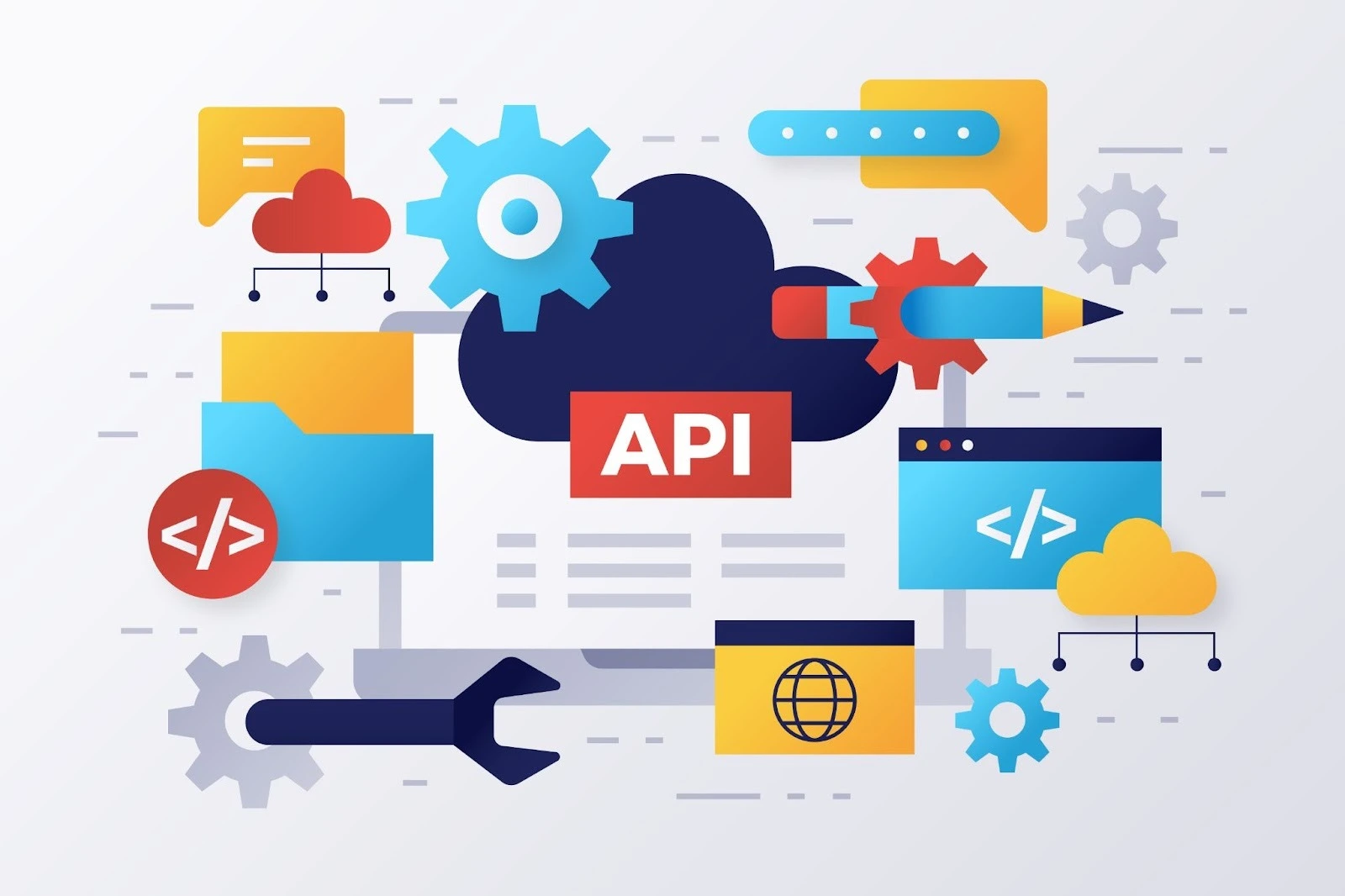


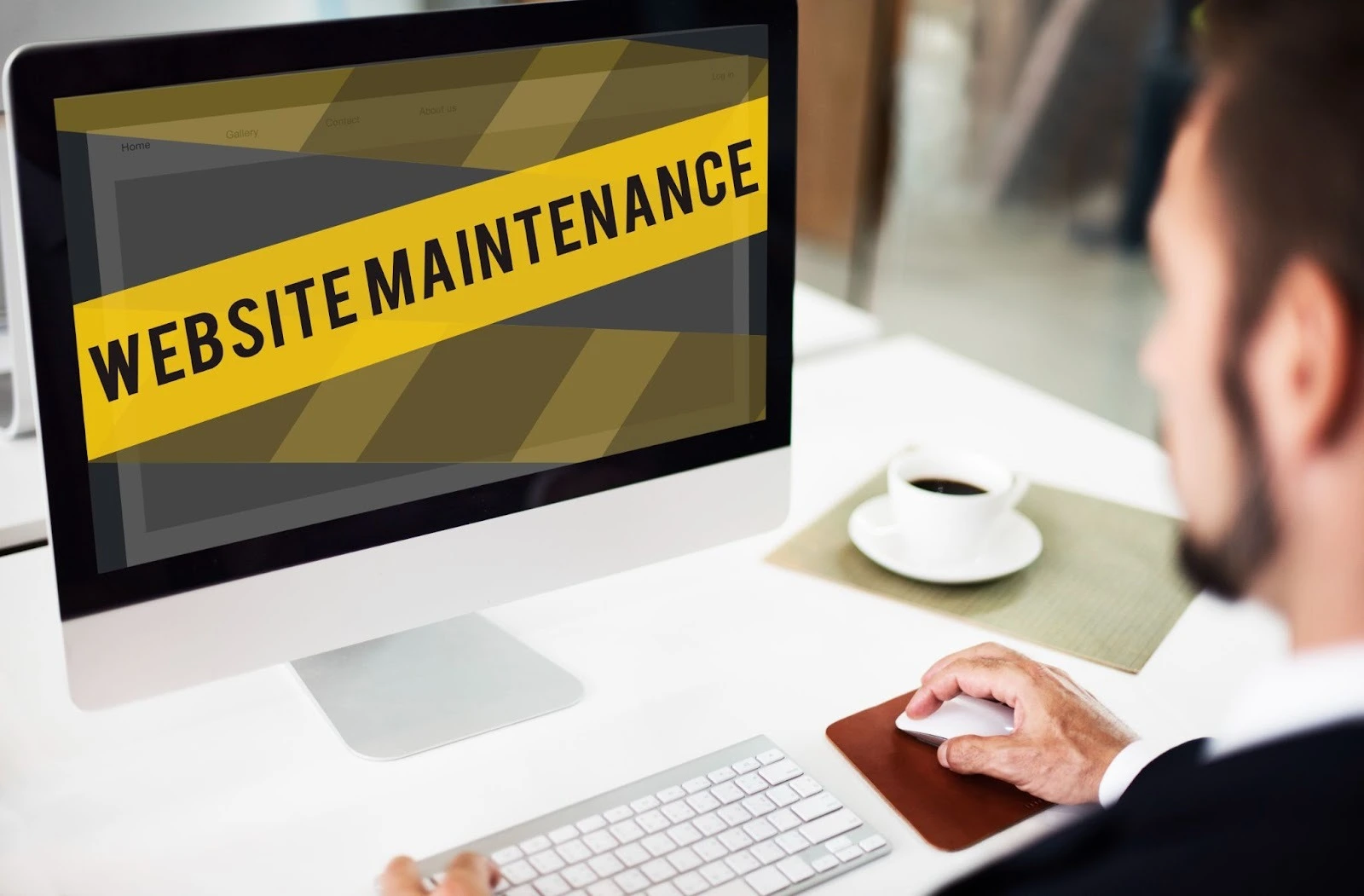



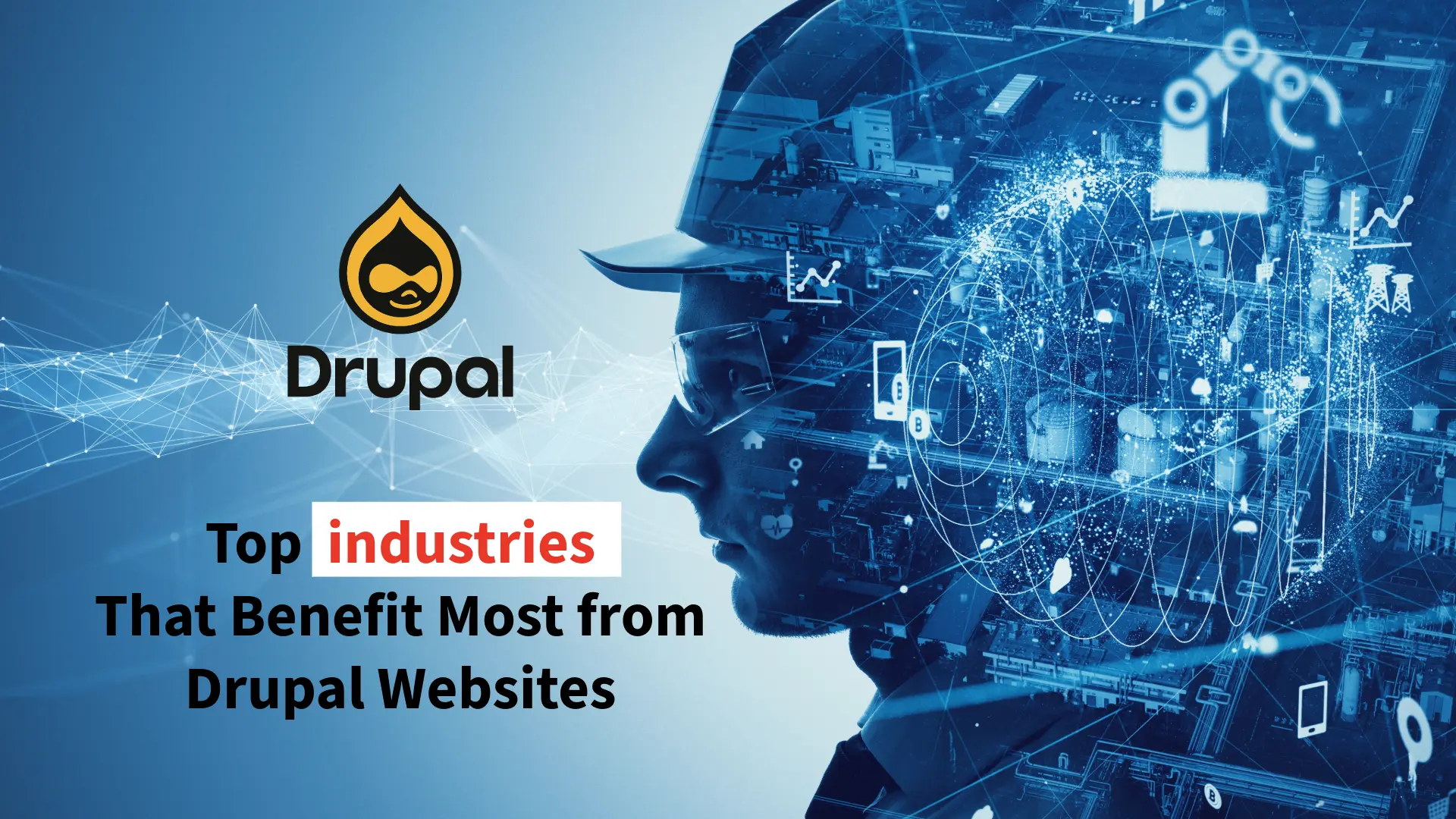
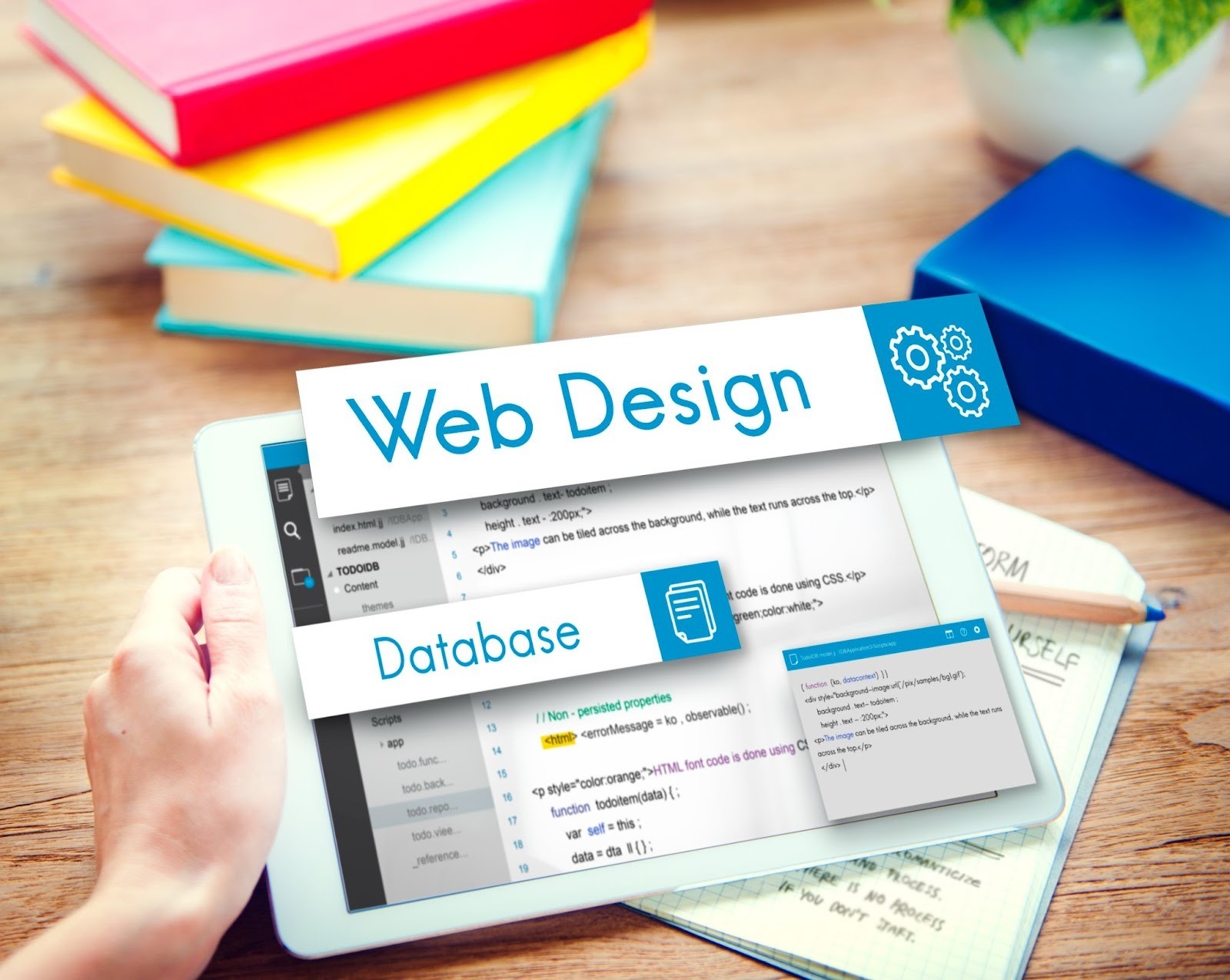

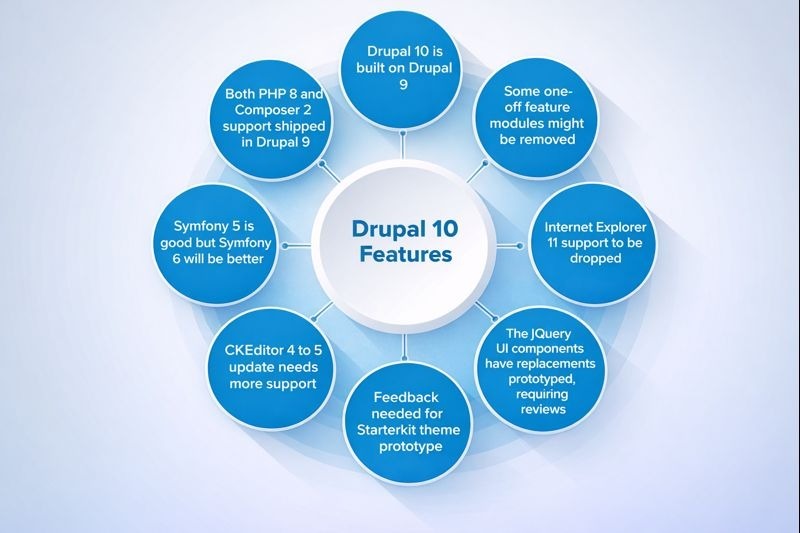
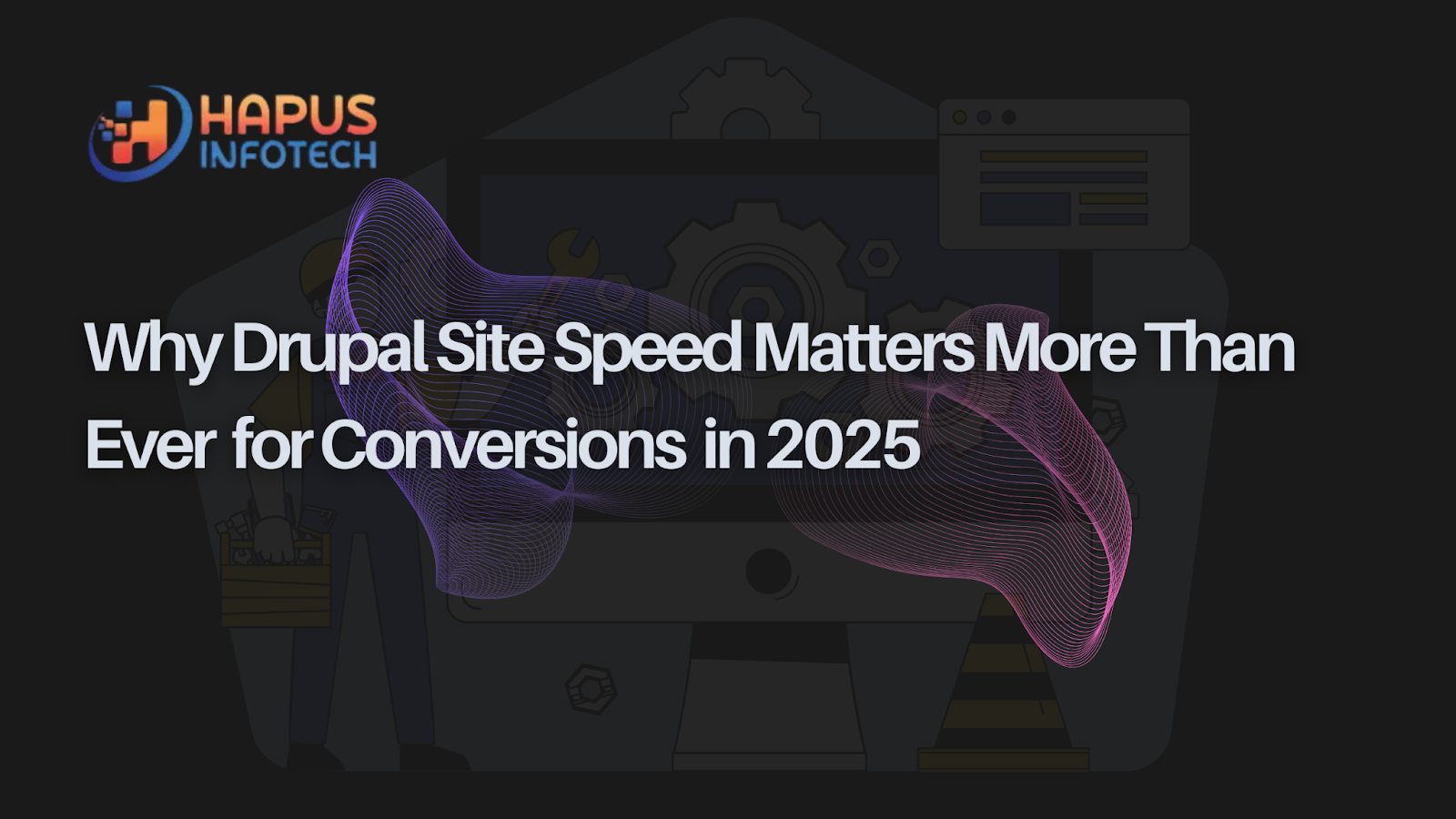
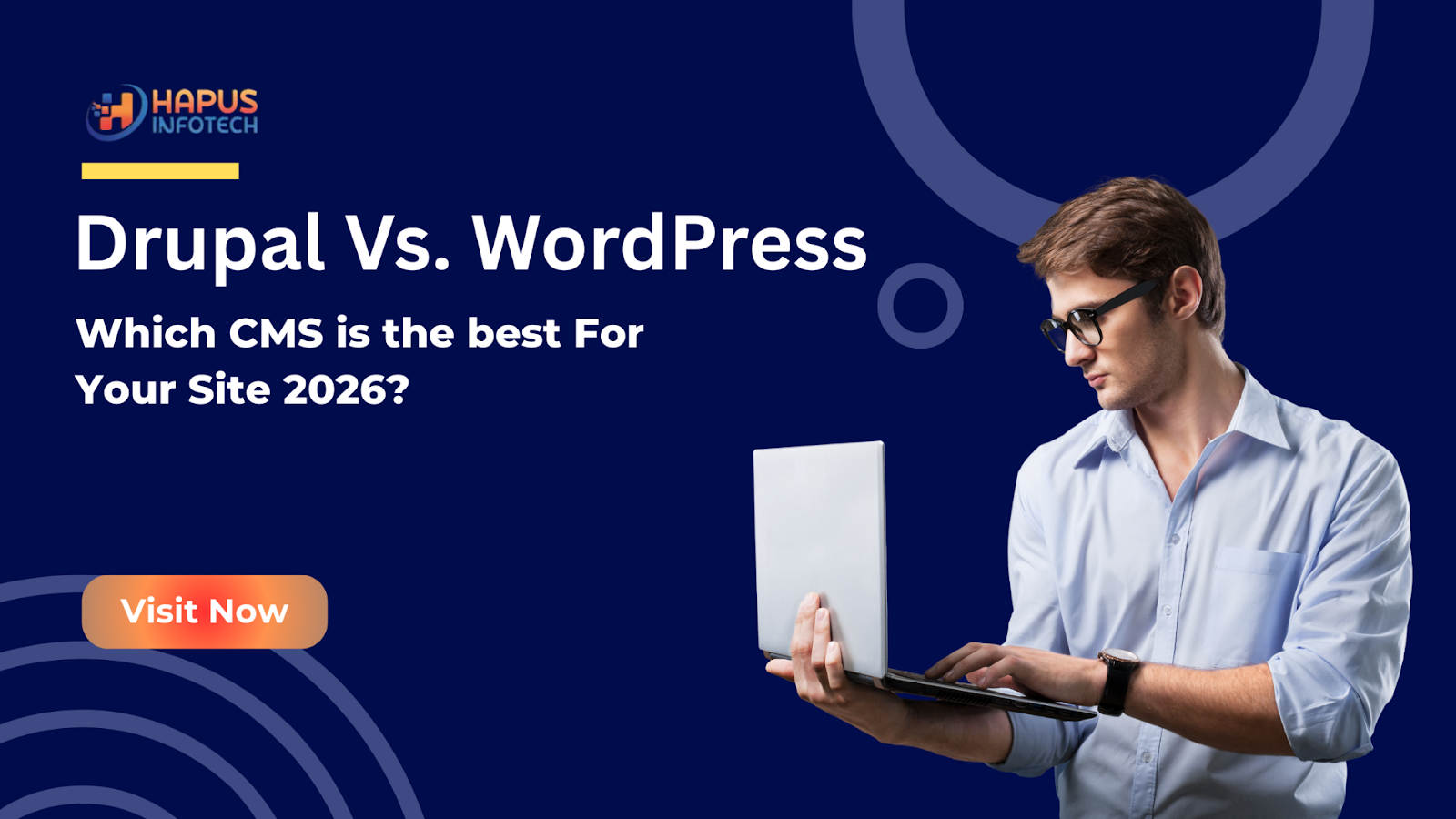
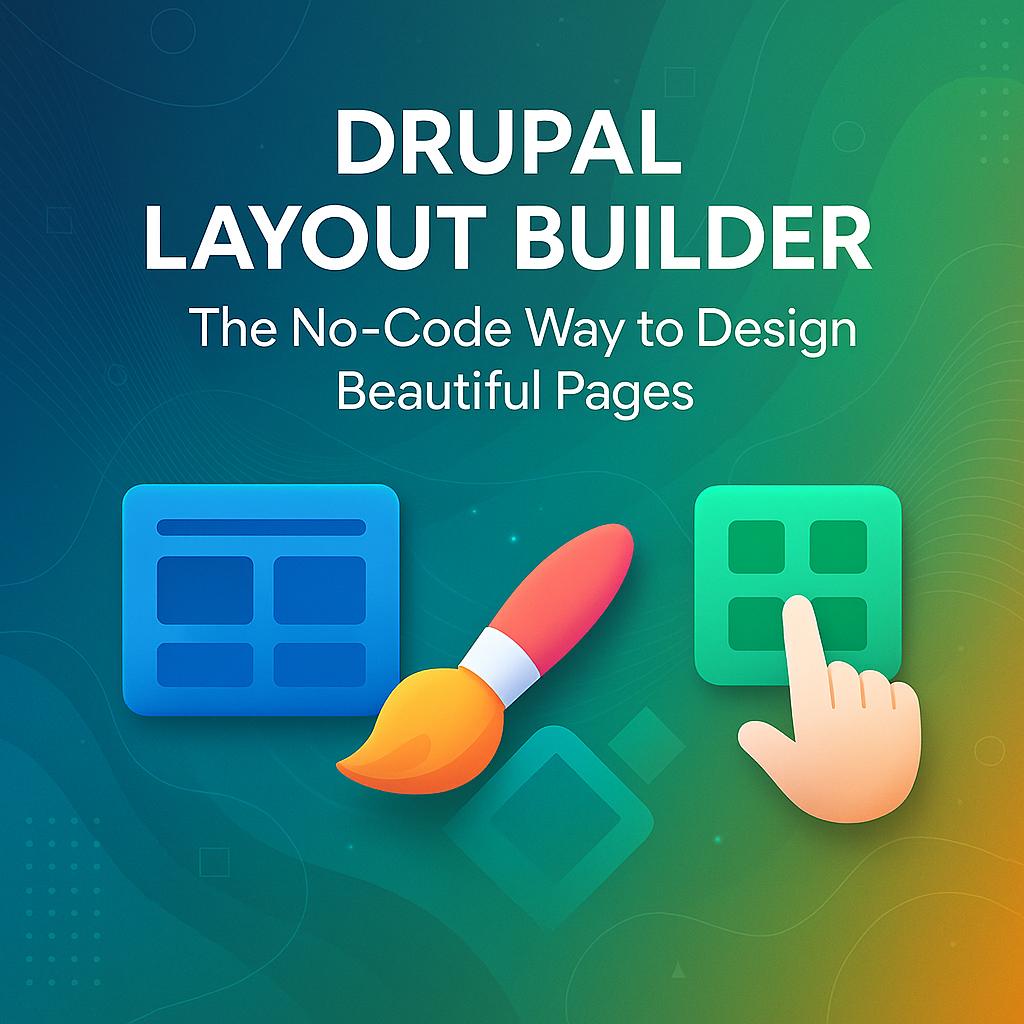

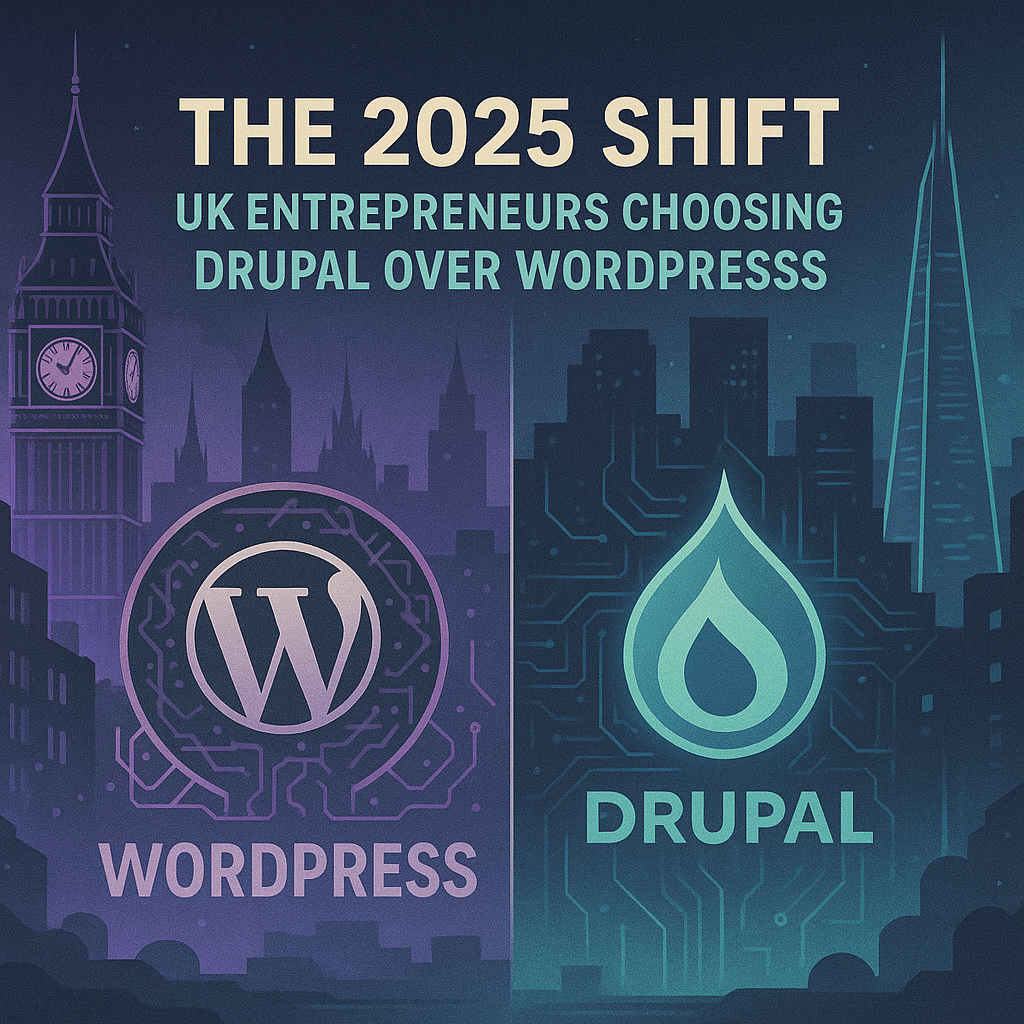
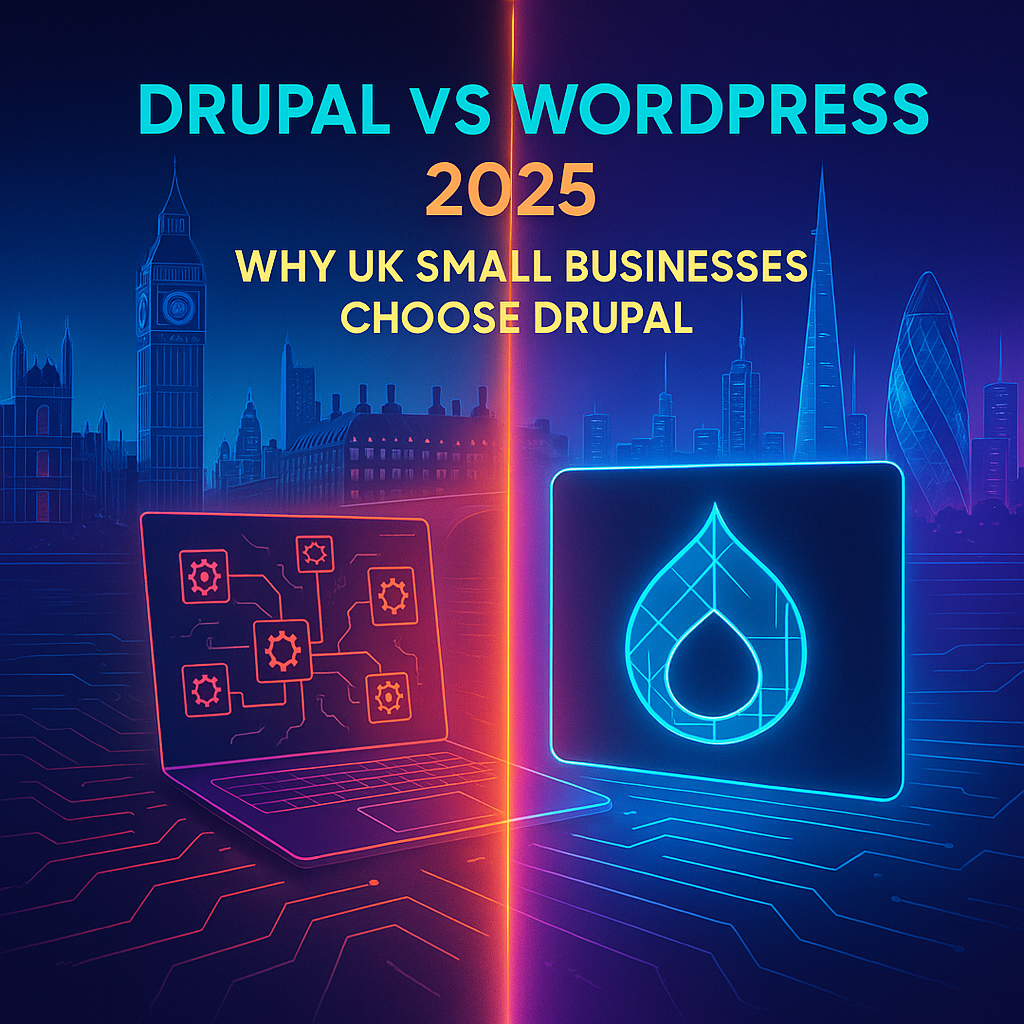
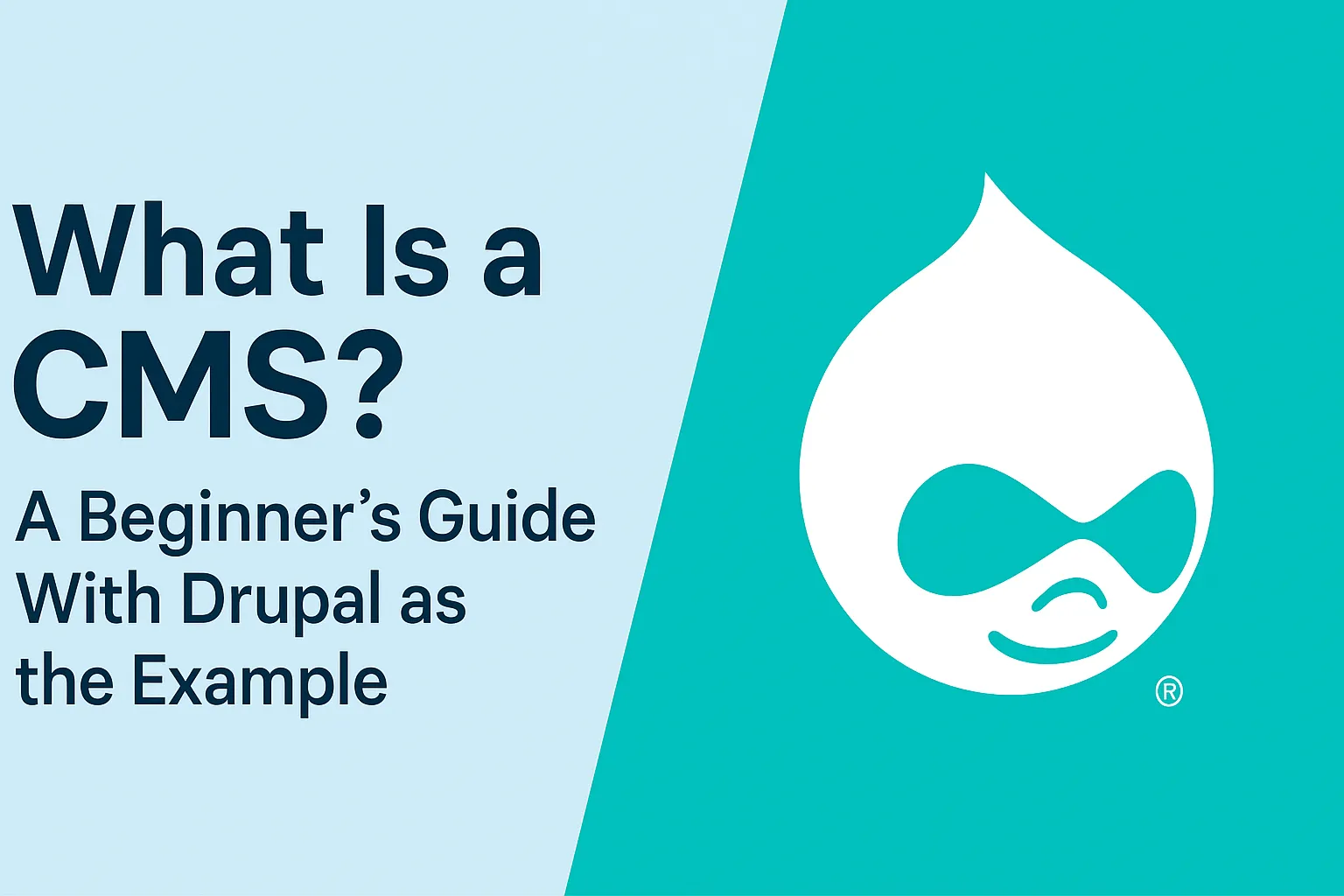
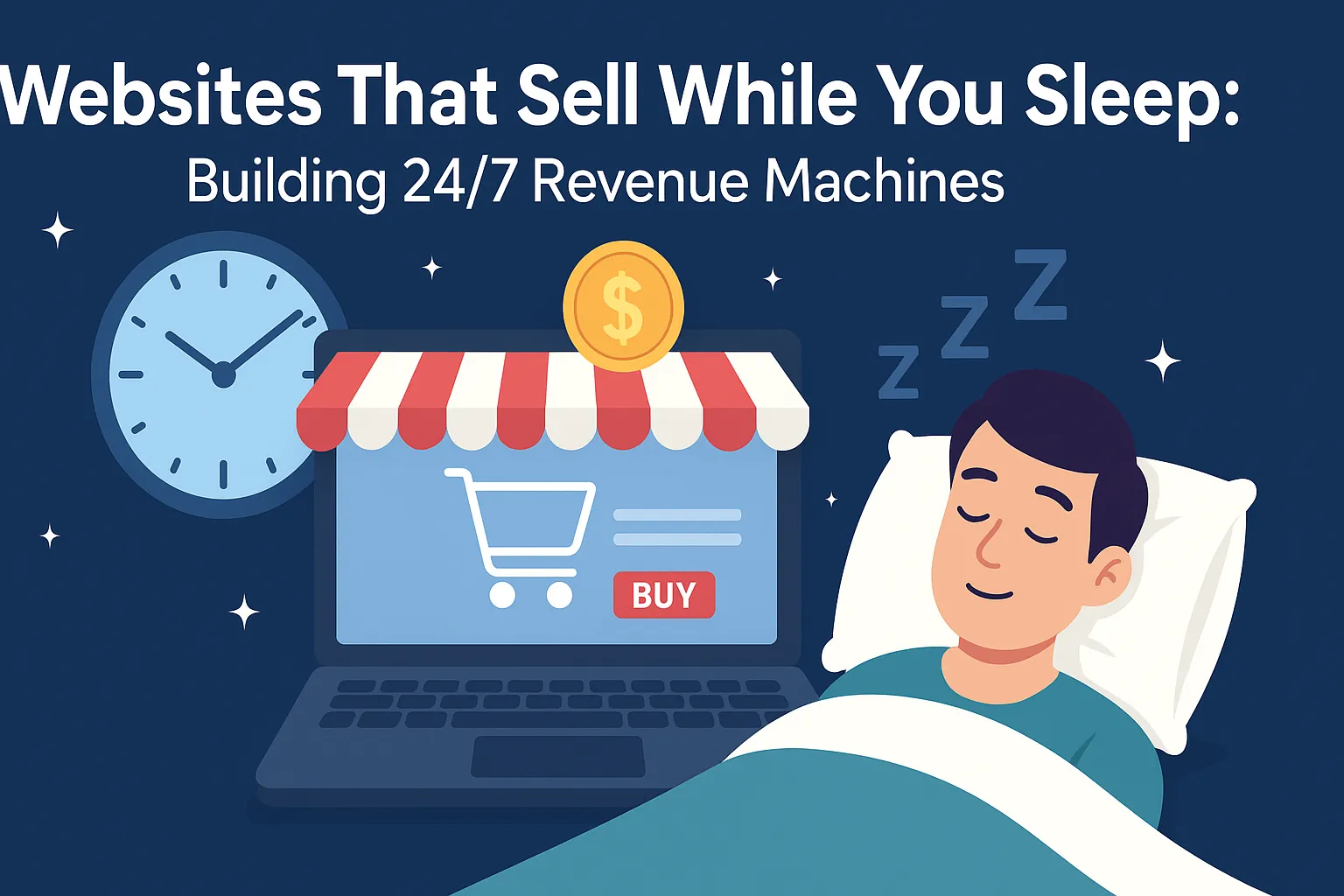
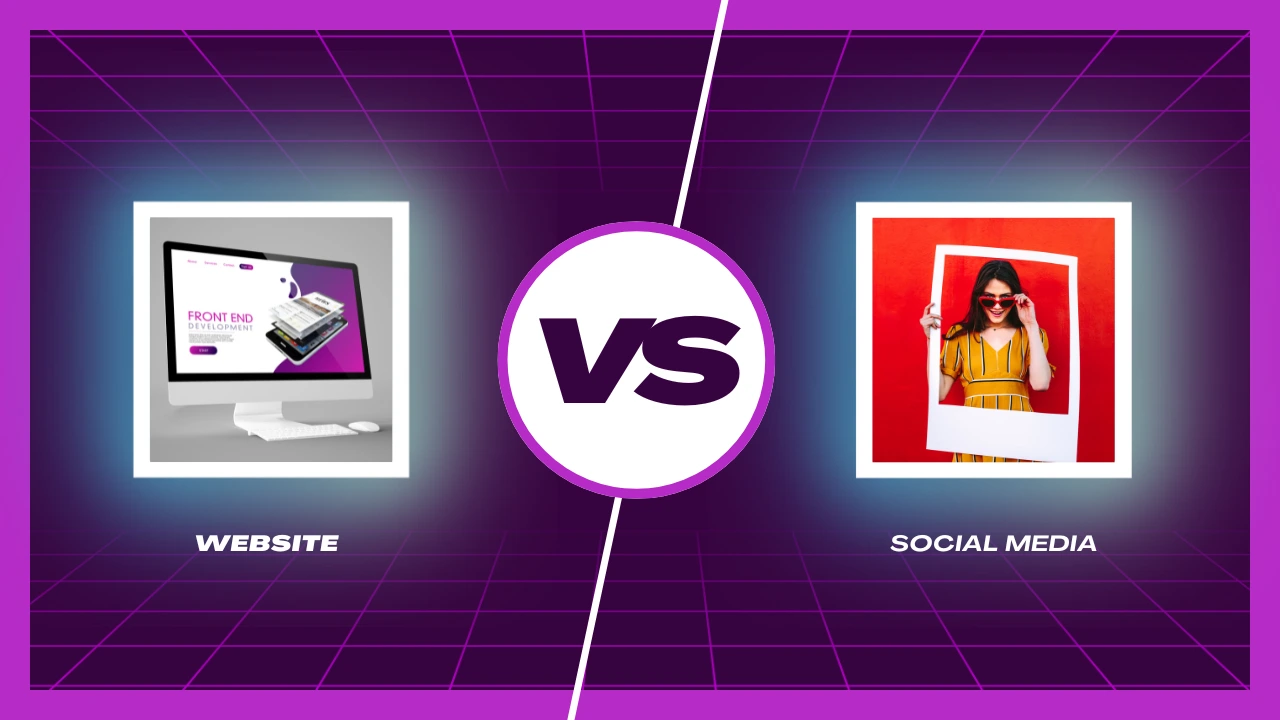
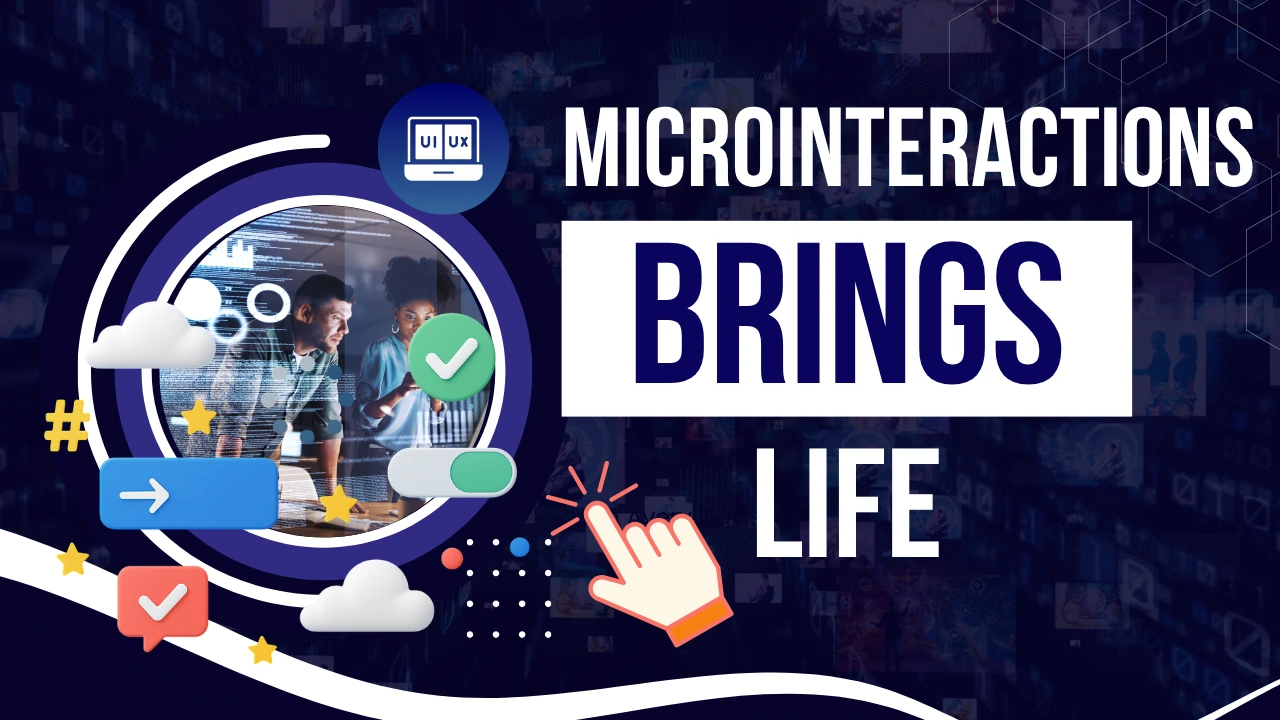



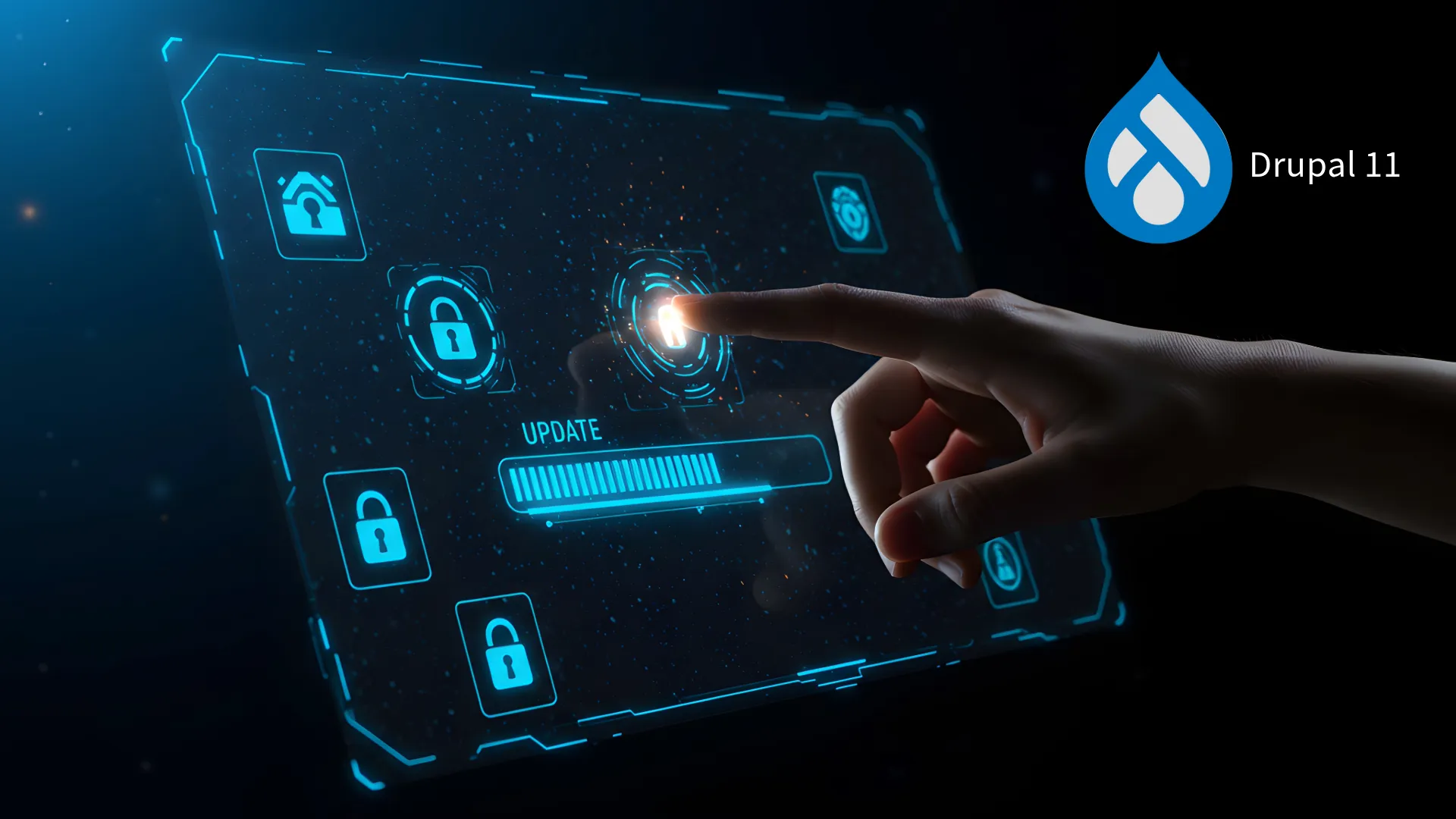


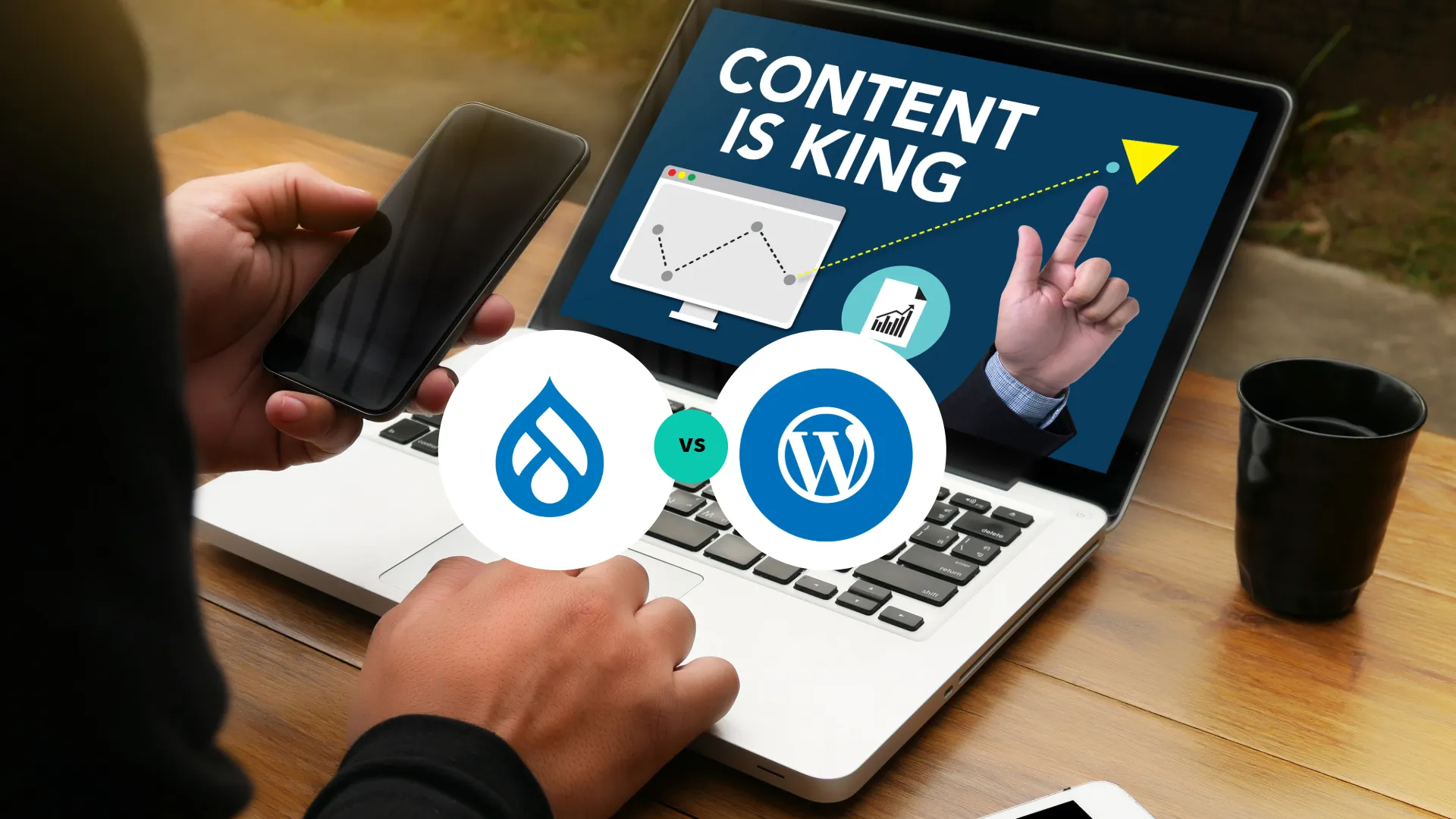
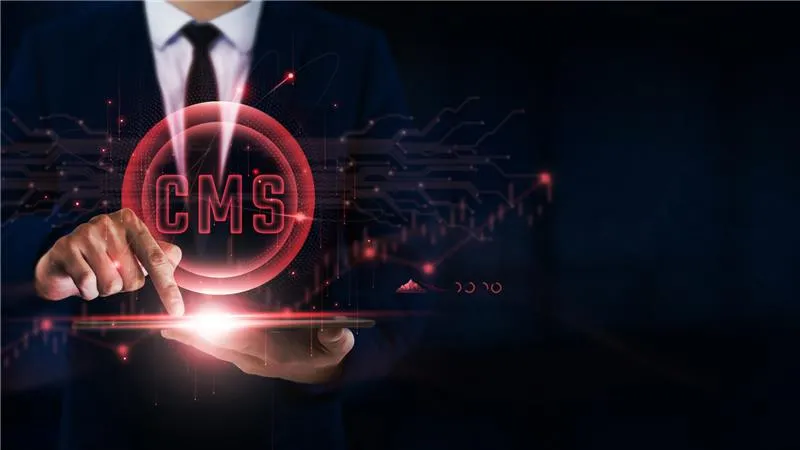
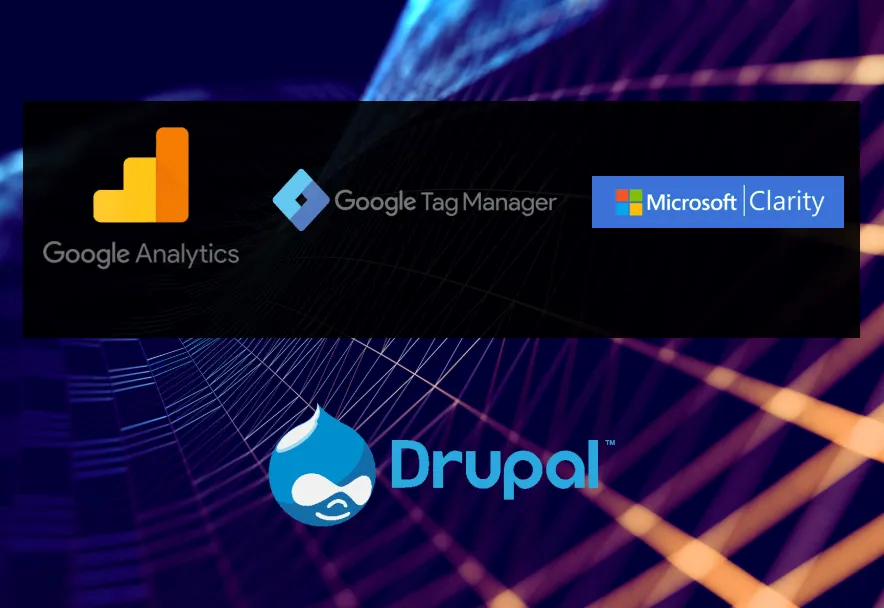








Comments